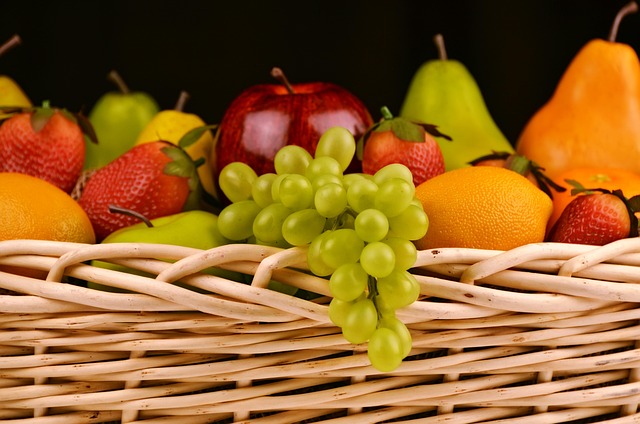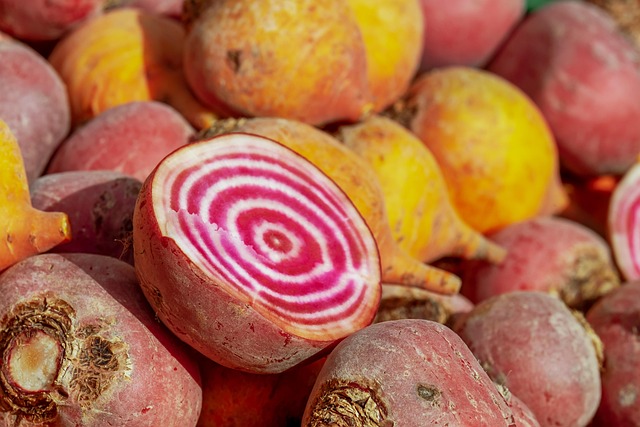Gluten-free foods are everywhere these days, and you may already be enjoying the gluten-free breads, cookies, pastas, and even take-out pizzas if you are on a gluten-free diet. If not, you may be wondering whether you should be.
Gluten-free veteran or gluten-free skeptic, you should know the facts so you can make the best choices about your diet for weight loss and health.
Myths About Gluten-Free Foods
To get started, here are some common misconceptions about gluten-free foods, and the truth.
1. "Gluten-free" means "low-carb"
No way! "Gluten-free" means there is no wheat, rye, or any other gluten-containing grain, but the food can still have grain, and grains have carbohydrates. Foods such as gluten-free bread or pasta may be made with gluten-free, high-carb flour, such as rice flour, potato flour, or cornmeal. Gluten-free cereals can be based on rice, corn, or oats - all grains, and all high-carb foods.
Take a look at the carbohydrate comparisons between certain gluten-containing and gluten-free foods. As you can see, the carb counts are similar, and so are the effects on your blood sugar.
2. "Gluten-free" foods are always healthy
Nope! Just like foods with wheat, gluten-free foods can be healthy, or they can be unhealthy. Whole-grain brown rice, oatmeal, quinoa, and black bean pasta are gluten-free foods that tend to be on the healthier side. They are sources of fiber, vitamins, and minerals, and are low in sugar.
Sweetened rice cereal, gluten-free brownies and cookies, and gluten-free pizza are at the other end of the spectrum. They are likely to have highly processed refined grains instead of whole grains, and can be high in sugar, salt, and/or fat. Have too many foods in this category, and you are likely to have a little more trouble hitting your weight loss and blood sugar goals.
3. "Gluten-free" is better than whole-grain
Whole grains are where you will find the superfood grains. Whole grains are less processed versions of refined grains. They are natural sources of fiber, antioxidants, iron, and B vitamins.
Gluten-free products are only whole grain if they say so on their packages. Check the label for a claim that they are "whole-grain," and read the list of ingredients to be sure that a whole grain is listed before a refined grain.
4. Gluten is a toxin
Gluten is dangerous if you have celiac disease, gluten sensitivity or intolerance, or gluten ataxia, or a wheat allergy. Otherwise, there is not much evidence that gluten is harmful.
You are best off asking your doctor if you suspect that you are sensitive to gluten since going gluten-free when there is no need could even make you miss out on a more nutritious diet. For example, if you choose gluten-free potato bread instead of whole-wheat bread, you will be missing out on a whole grain opportunity.
5. All foods with gluten are obvious
Regular bread, cereal, pasta, and baked goods are easy to spot as sources of wheat, so you probably already knew to choose gluten-free versions. Less obvious sources of gluten are some processed foods, such as the following.
- Soy sauce, gravies, and salad dressings
- Beer
- Soups and bouillons
- Luncheon meat and imitation crab
- Flavored potato and tortilla chips
6. All whole grains have gluten
When you hear the term "whole grain," you might automatically think the food item has gluten. This is not true! There are a number of whole grains that are naturally gluten-free.
- Brown rice
- Quinoa
- Corn
- Buckwheat
- Amaranth
- Millet
- Sorghum
Oats are also gluten-free too, but they can become contaminated with gluten during processing. If you have celiac disease or gluten sensitivity, look for oats that are labeled as "certified gluten-free."
When you are following or considering following a gluten-free diet, it is important not to make some of the same mistakes that many people do. When you know the truth behind some of the common misperceptions, you can put yourself on a faster track to better health and weight loss.
Gluten-free or not, you can get tips for a healthier diet every day with your Lark Health Coach!
Reviewed by Heather Tonkins, Lark Health Coach












.webp)








